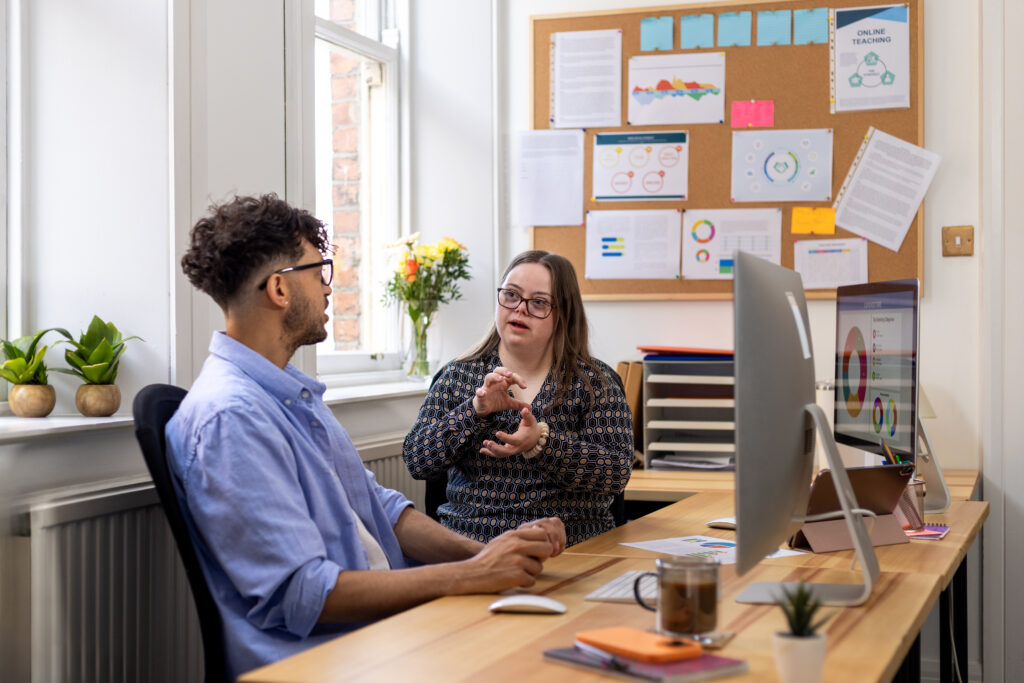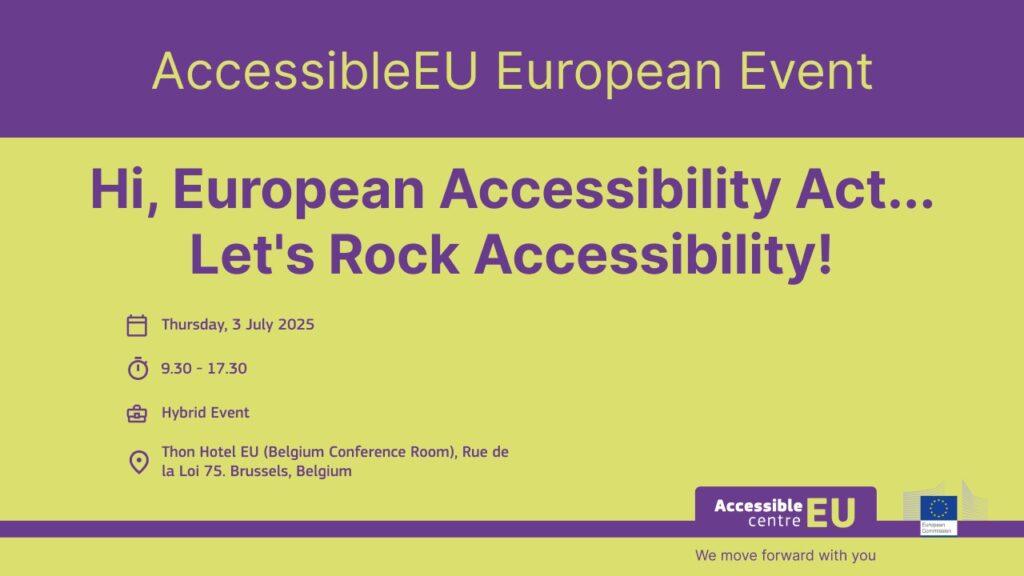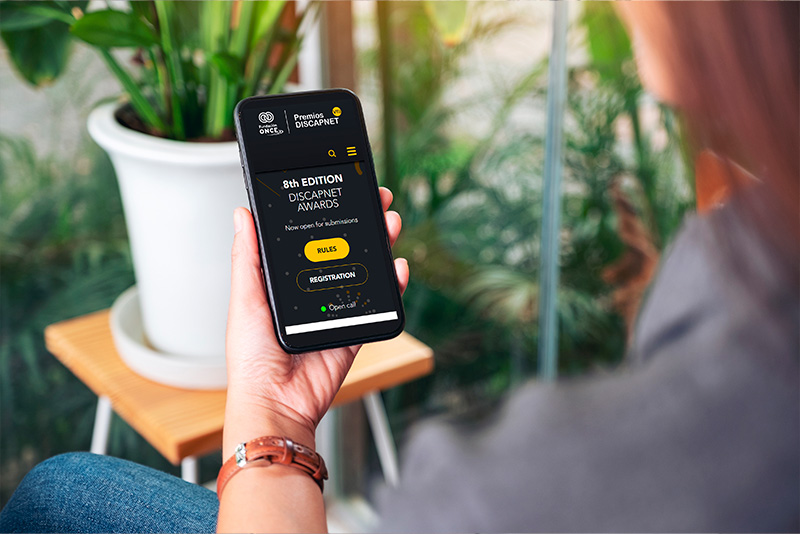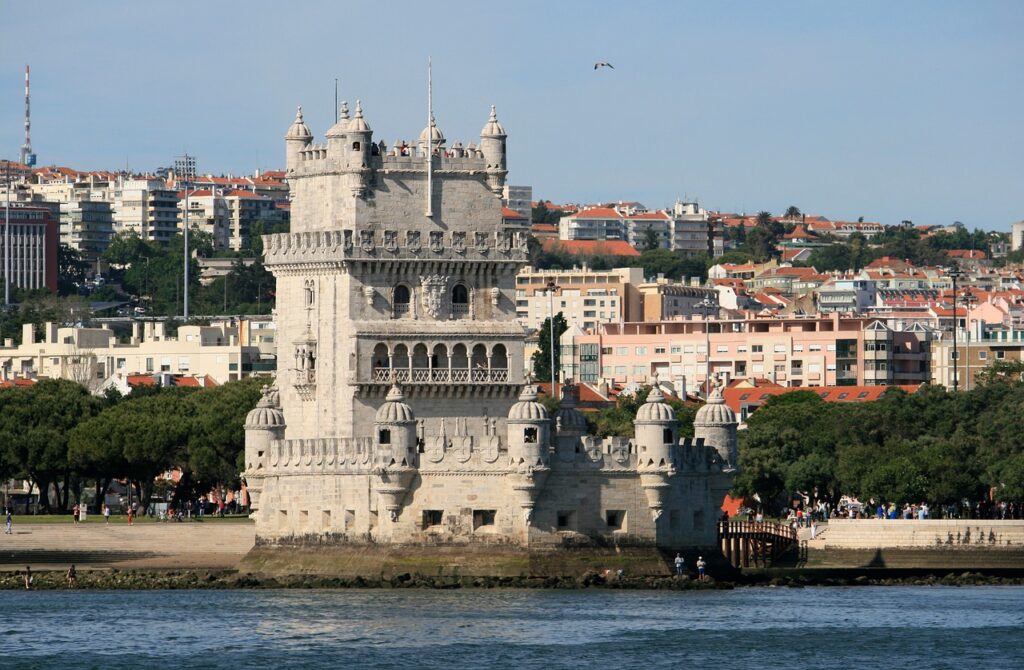
Many European countries, despite having signed the United Nations Convention on the Rights of Persons with Disabilities, still deny persons with intellectual disabilities their rights, says the Inclusion Indicators report published by Inclusion Europe.
According to the report, 14 countries continue to remove the legal capacity of persons with intellectual disabilities, preventing them from making decisions about their own lives. A further 15 countries allow legal capacity to be partially removed without providing supported decision-making mechanisms.
Additionally, in 13 countries persons with intellectual disabilities may lose their right to vote when their legal capacity is withdrawn, and in 14 countries they are prevented from standing as candidates in elections.
Only 4 countries fully respect the right to make decisions with appropriate support, and just 5 countries have elected representatives with intellectual disabilities.
Another finding of the study is that institutionalisation remains widespread across Europe. At least 1.1 million persons with disabilities live in large, segregated institutions. Another 350,000 persons live in smaller care homes, 270,000 of whom are citizens of European Union Member States.
Furthermore, 37,000 persons with intellectual disabilities are placed in psychiatric hospitals. Although at least 7 countries have closed institutions this year, institutionalisation remains deeply entrenched.
Housing and support options for these individuals continue to be extremely limited, as do employment opportunities. Those working in protected employment programmes earn below the minimum wage.
Source: AccessibleEU



